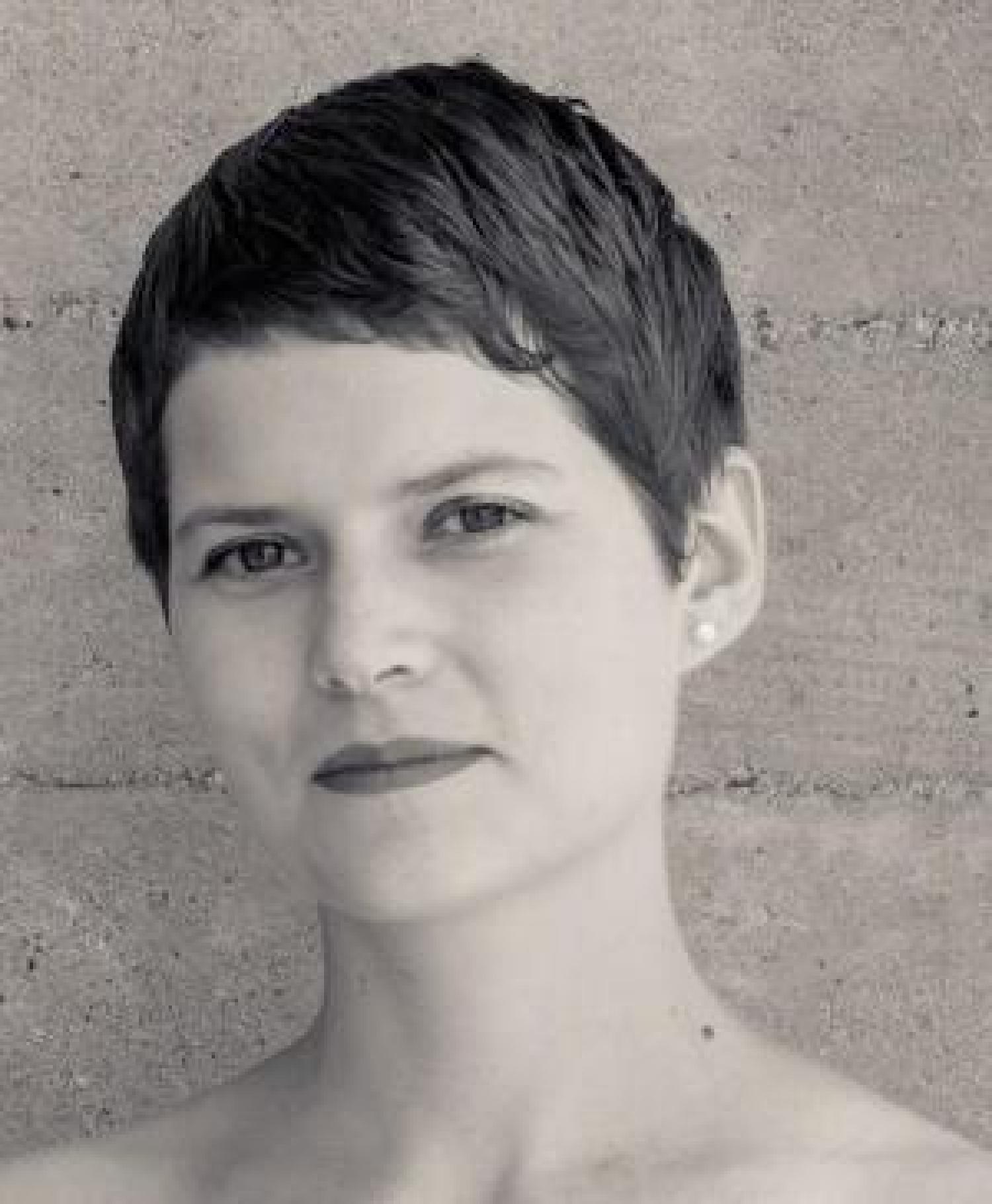Meet Professor Julia Staffel

The Philosophy Department is pleased to welcome Professor Julia Staffel to the University of Colorado at Boulder. She is starting her job here as an assistant professor of philosophy this fall; previously, she was an assistant professor of philosophy at Washington University in St. Louis, MO.
We asked her a few questions to introduce her to the department and its students.
1. Tell us about yourself. How did you get into philosophy? Where did you study philosophy?
1. I am originally from Germany, and philosophy is an elective subject in high school there. I took three years of philosophy classes, and then went on to study philosophy and German studies (with a focus on linguistics) at Humboldt University in Berlin. I knew I wanted to become a professor, but I wasn't sure if that would work out, so I also got a teaching credential for high school, just in case. As an undergraduate, I realized that most analytic philosophy was published in English. I decided I needed to learn how to write about philosophy in English, so I applied for study abroad, which brought me to Brown University for two semesters in 2005/06. The faculty there were incredibly supportive, and I liked the way US PhD programs in philosophy are structured. Two professors at Brown in particular, Chris Hill and Ernest Sosa, helped me apply for PhD programs. I returned to Germany to finish up my degree at Humboldt, and in the fall of 2007, I enrolled in the PhD program at the University of Southern California. I had a fantastic time in grad school, and finished in 2013.
2. What are your main interests both research and teaching in philosophy? What are your current projects?
My research is mostly in formal epistemology. That means I use formal, probabilistic models to investigate what it takes to have rational beliefs. I just finished a draft of a book manuscript in this area, entitled "Unsettled Thoughts: A Theory of Degrees of Rationality." I'm especially interested in what it takes to be rational or irrational for thinkers like us, who are prone to incoherence, biases and mistakes in their thinking. I just wrote a short piece for a general audience that picks up some of these themes, and can be found here:
https://iainews.iai.tv/articles/should-i-pretend-that-im-perfect-auid-1136?_ga=2.67707217.1143658170.1535031056-1537624122.1535031056
I'm also interested in metaethics, philosophy of language, philosophy of science, and the philosophy of logic, among other things. In teaching, I especially like courses that focus on formal systems or methodological issues. I enjoy teaching logic and critical thinking, and I also love teaching philosophical writing for majors and graduate students.
3. What sorts of things do you like to do when you’re not doing philosophy?
When I don't do philosophy, I enjoy hobbies that involve making things. I learned how to knit a few years ago, and I just can't stop. I also do a lot of cooking and baking. I try to stay active by doing yoga and taking aerial silks classes. The latter is a slightly unusual hobby, and it requires a special gym with tall ceilings and rigging to hang the fabrics on which the tricks and poses are performed. Fortunately, Boulder has two facilities for this, so I can keep practicing. I also like spending time with my husband and our two cats.
To find out more about Prof. Staffel’s research and classes, please visit her webpage:
https://www.colorado.edu/philosophy/people/faculty/julia-staffel

